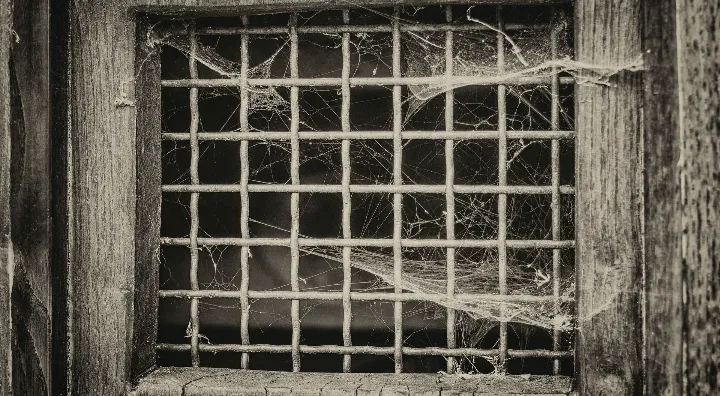Words of Hope
Angel Island was a nightmare.
Most people say us immigrants should be grateful we were even allowed into the United States, and that’s reasonable; the United States is generally a better place to be than the place I came from, where I lived in poverty and had to work from dawn to dusk on rough farms. Still, it’s debatable whether finally being able to live in the States was worth all the sadness and pain that came from being trapped in that dreadful building for months. Perhaps I would think differently if things were different, if we were treated better than animals being gathered, waiting to be transported to a new barn. Unfortunately, that was not the case.
Every experience on Angel Island was a bad one. My first memory of the general experience was the journey there; I still vividly remember the boat, the feeling of my stomach churning as the powerful waves rocked us back and forth, the stench of crowds of people that have only been washed with seawater, the terrified expressions of my family and others around us. The only thing that had kept me hopeful was the...
Most people say us immigrants should be grateful we were even allowed into the United States, and that’s reasonable; the United States is generally a better place to be than the place I came from, where I lived in poverty and had to work from dawn to dusk on rough farms. Still, it’s debatable whether finally being able to live in the States was worth all the sadness and pain that came from being trapped in that dreadful building for months. Perhaps I would think differently if things were different, if we were treated better than animals being gathered, waiting to be transported to a new barn. Unfortunately, that was not the case.
Every experience on Angel Island was a bad one. My first memory of the general experience was the journey there; I still vividly remember the boat, the feeling of my stomach churning as the powerful waves rocked us back and forth, the stench of crowds of people that have only been washed with seawater, the terrified expressions of my family and others around us. The only thing that had kept me hopeful was the...



